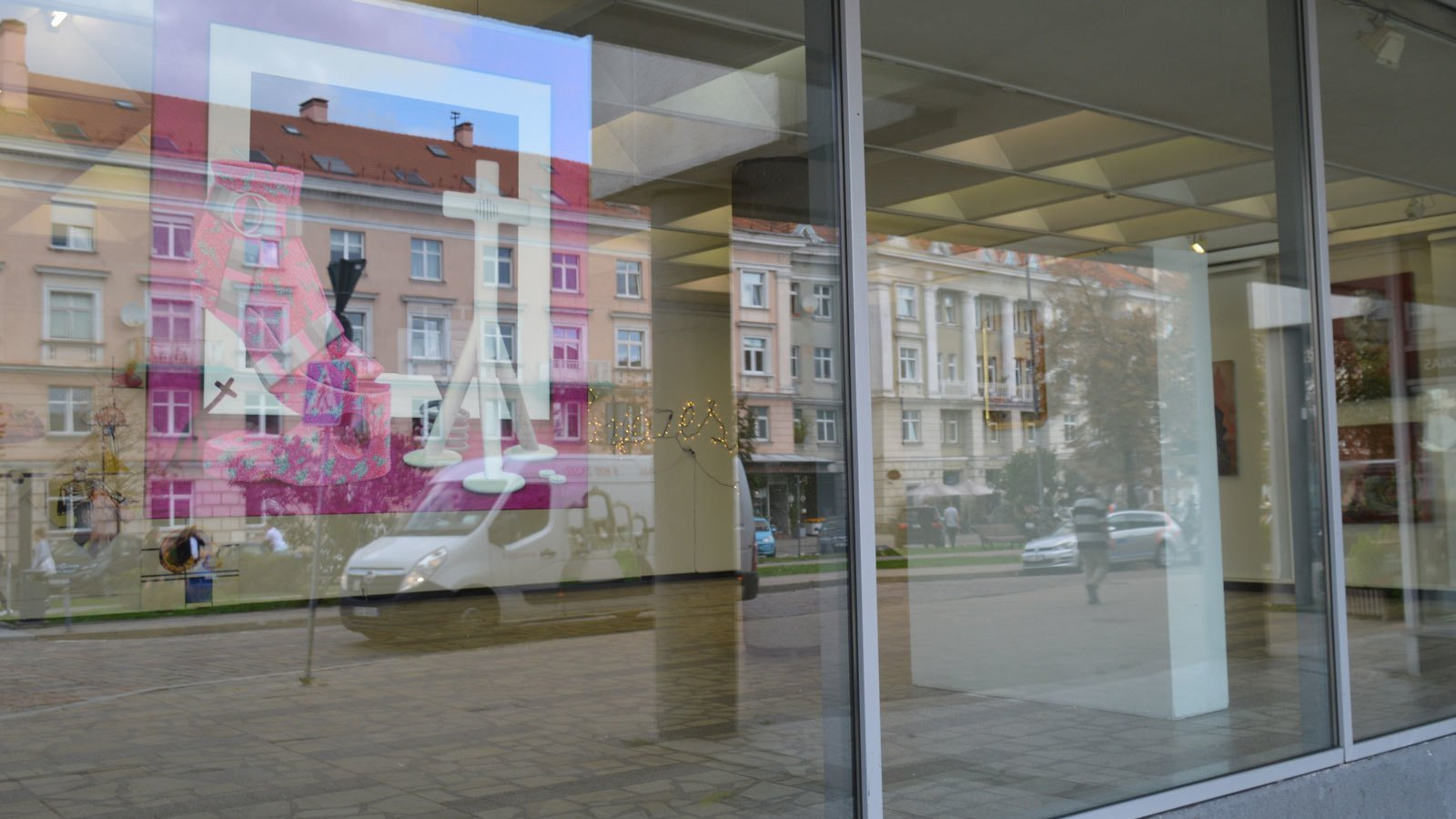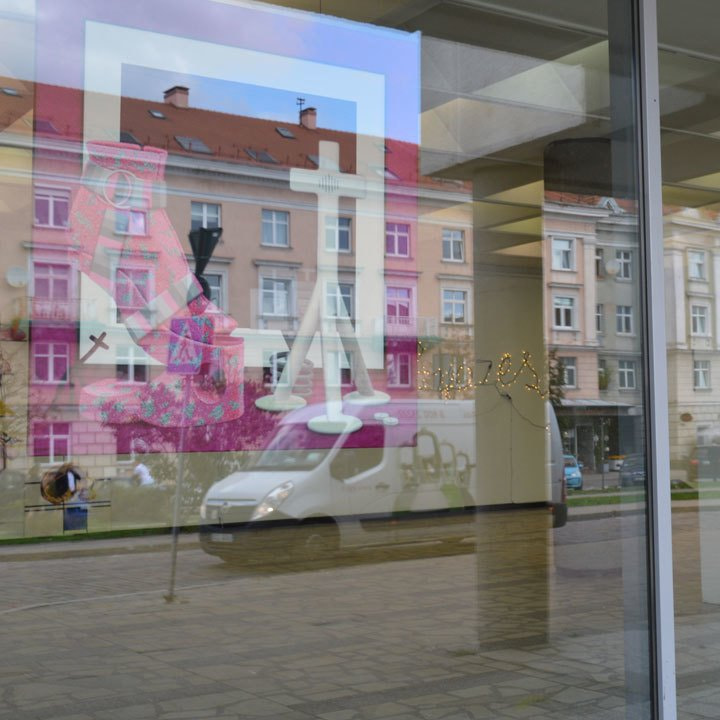Certain aspects of the Lithuanian contemporary art system will be approached using analysis of key conceptual points of the institutional and aesthetic mentality of the 1990s and 2000s, alongside a more detailed look at the art system of the latest decade.
It is noteworthy that the development of a number of basic terms and behavioral practices in the art system after the 1990s was based on the paradoxical principles of reflection and negation or, more precisely, on the principle of reflection-as-negation of the Soviet.
This explains the emergence and establishment of institutionalized oppositions of concepts, such as “old versus new,” “regressive versus progressive (current, contemporary),” “international versus national versus global,” etc. These oppositions have not weakened since the end of the 2000s, but somehow recharged. Finally, the third post-Soviet decade appears to be an era of terminological hyper-entropy, with each term selectively signifying everything and/or nothing. This is not to say terms and meanings coincided in previous decades, but that there were differences in the production of images and the way they marked meaning. This paper attempts to trace the dynamic of transformation of basic terms circulating in the Lithuanian art system from the 1990s to the current decade. Accordingly, this dynamic embraces the issues of the old and/or new lingua franca, revanchism, the ambiguous interconnection between the “non-Soviet,” “post-Soviet,” and “alter-Soviet”, the heritage of the Soros Foundation, and questions of the (un)changing selfhood of artists of different generations.

